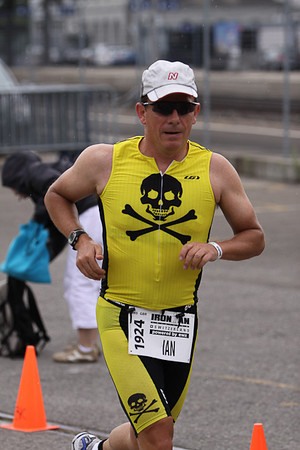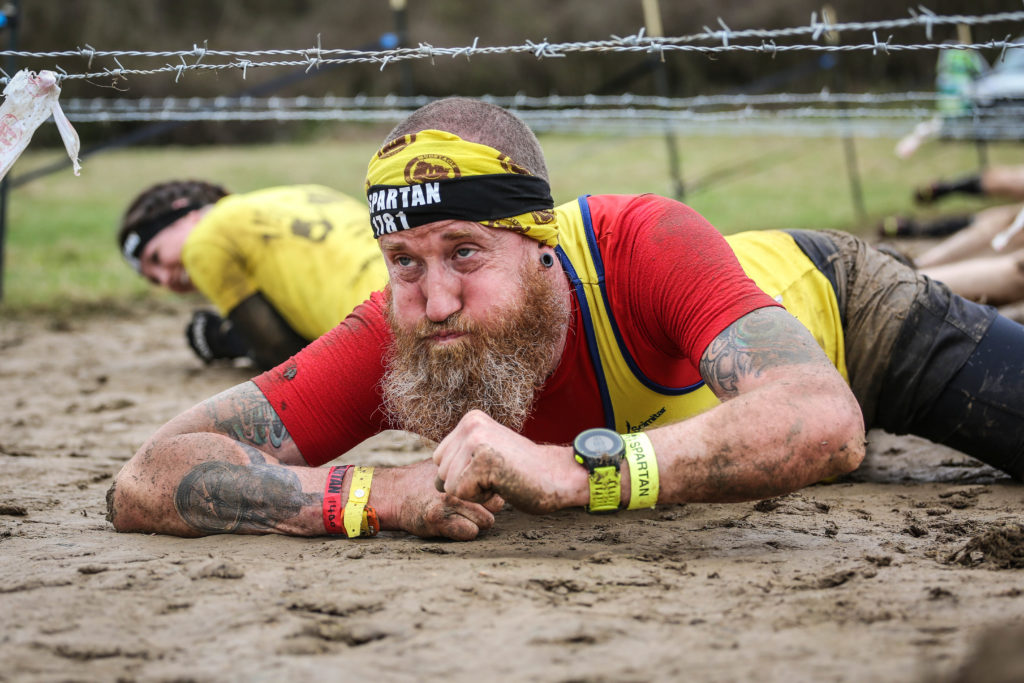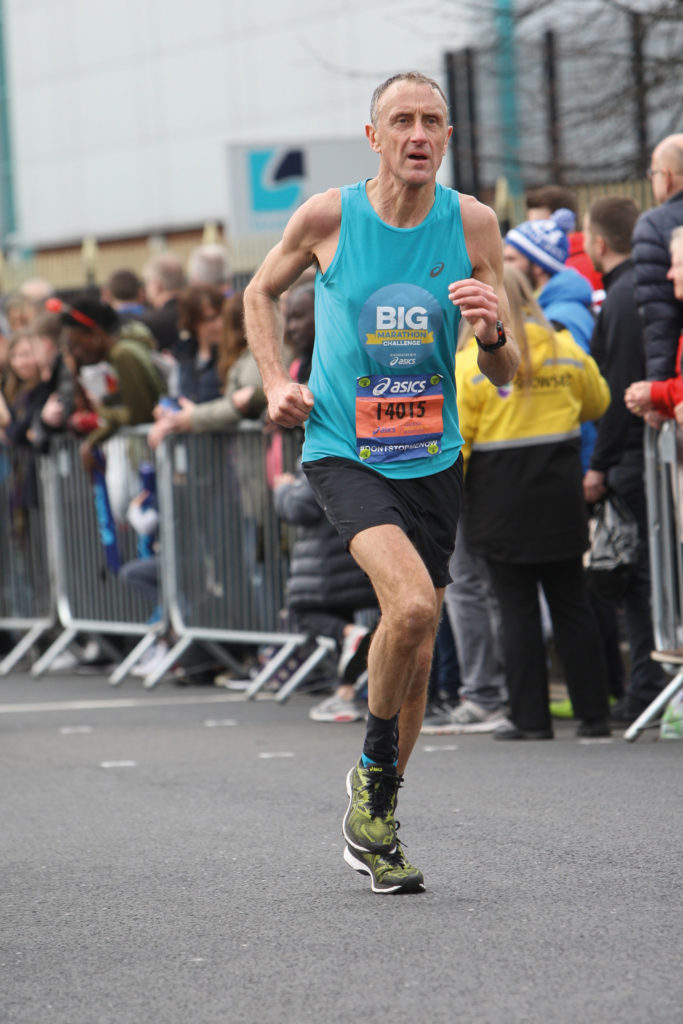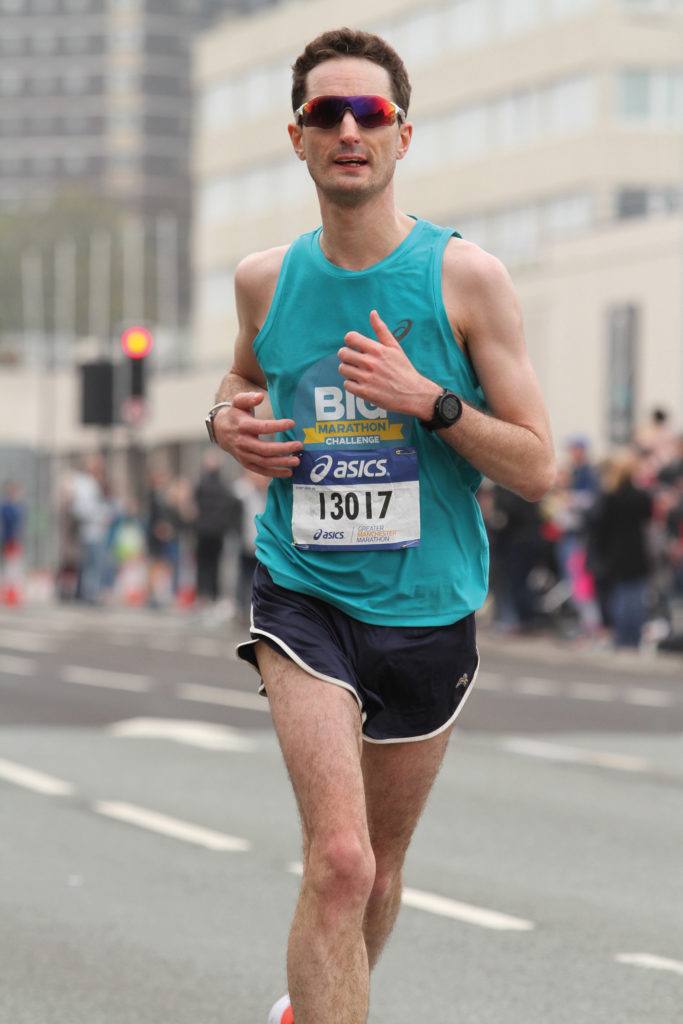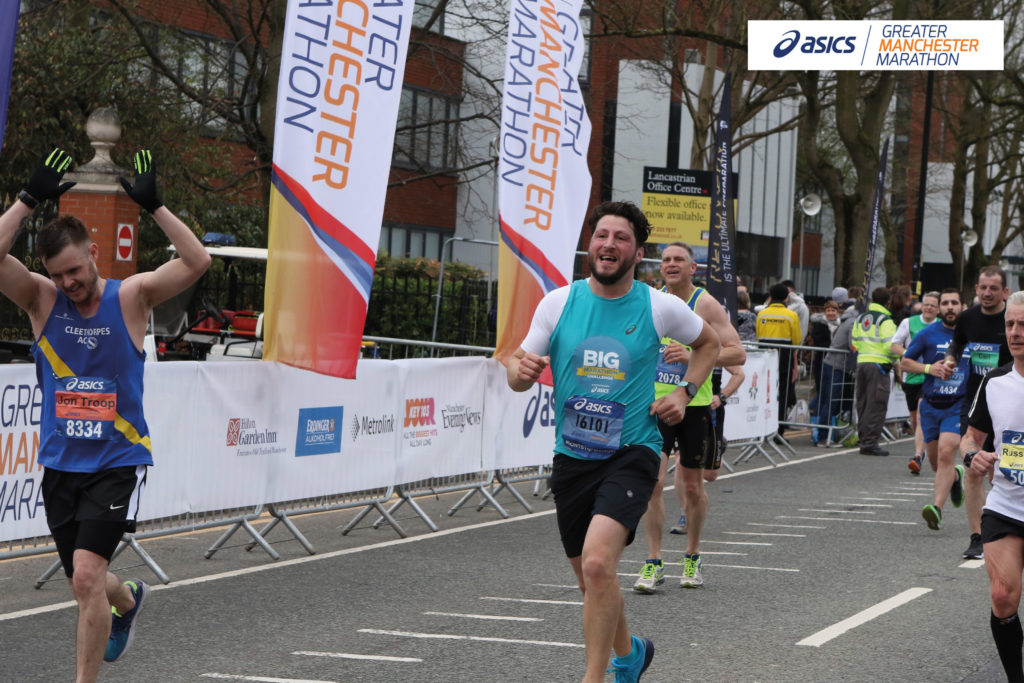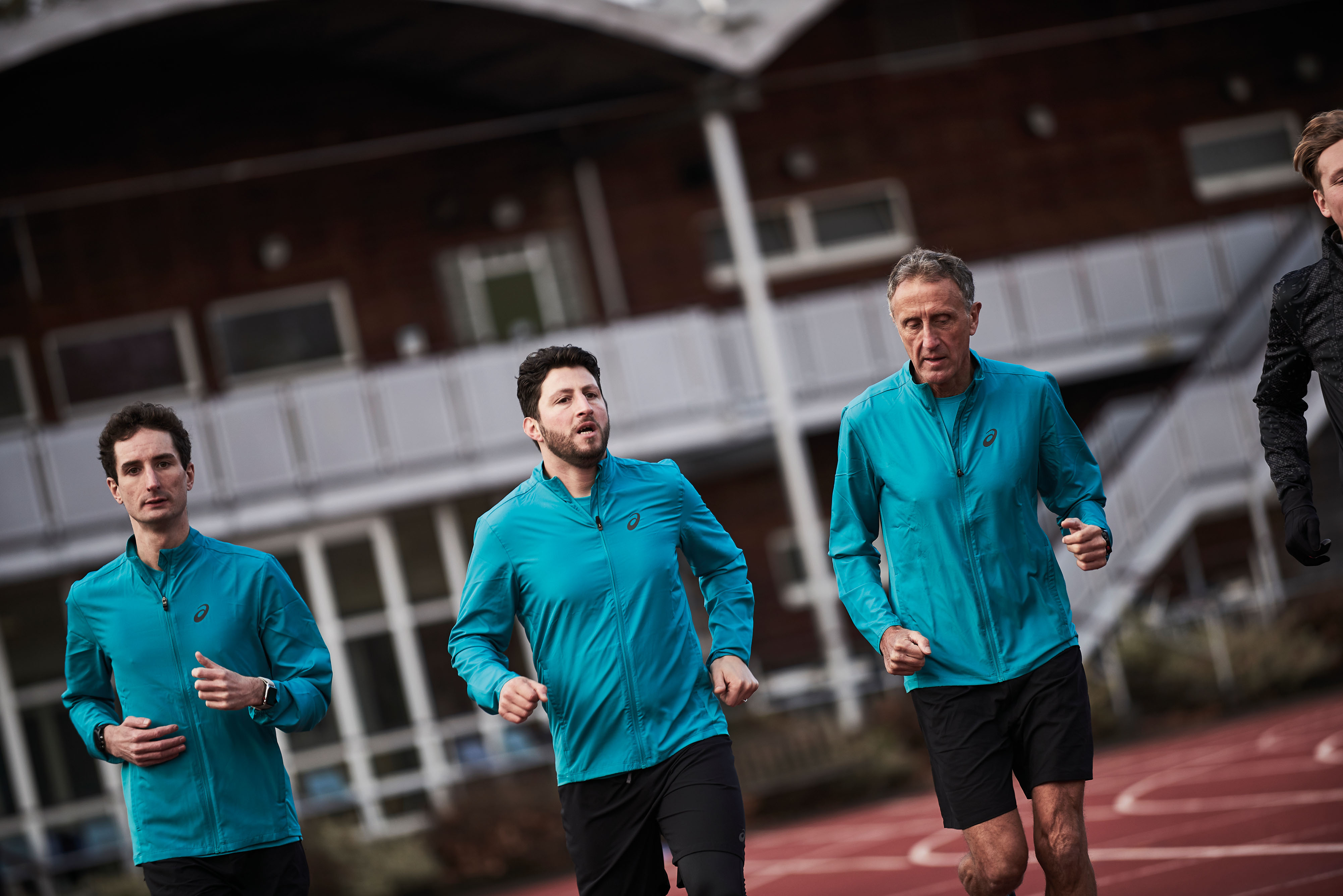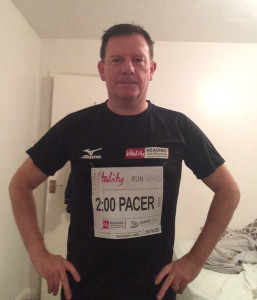 Which races have you paced at?
Which races have you paced at?
I have paced six times in total – always at either the Reading or Oxford half-marathon.
What is the appeal of pacing?
When I was going for PBs, I would rely myself on pacers to give me a good start and keep me on track. Now, when PBs are probably beyond me, it’s rewarding to help others achieve their goals. It’s great to know that you have helped someone achieve something that they often don’t think is possible.
What are some of the key skills involved in pacing?
Keeping a steady and consistent pace is clearly the most important thing. You also need to let everyone around you know when you pass mile-markers and keeping the group, which can be 50 strong in big races, up to date on the expected finishing time. I do this every mile. It’s also key for a pacer to treat each mile – or, in my case, kilometre – as a separate race, if you like. I know, for example, if I run each kilometre at 5:41, I will cross the line pretty much dead-on 1:59:45. The reason I run kilometres in my mind and not miles is, they go quicker! Finally, one thing all pacers are good at is not starting too fast, which is a common mistake made by many runners.
What’s the best way of finding and following a pacer?
At the start line, come and say hello. Tell me your name and have a chat so I can give you a verbal pick-me-up during the race, if needs be. We tend to be spread out along the start line, and if you are in a race that’s penned and have put down, say, 2:00:00 as your predicted start time, I will be near you at the start anyway. Best way to follow is a few metres behind, away from the crowds that run with a pacer and not let the pacer get too far ahead. But be realistic in your aim. A pacer does not wait for people who drop off. I have also had runners say to me at the start line “I am sticking to you like glue” and for the whole race do exactly that. You get to know them quite well by the end! A question many people ask is whether we run to chip or gun time: it is always chip time.
Do all pacers pace in the same way, or are there some different approaches?
While we are all aiming for the same end goal, there are different approaches. Some will hit exactly the same time per mile but I tend to slow up a bit up hill and pick up a bit downhill as that seems natural to me. It’s what you would do in a training run so why not in the race itself. Rarely will a pacer try and negative split. I am known however to maybe go 7-8 seconds quicker over the first 2 miles and bag that 15 seconds in case anything holds me up on the run.
Any funny/moving stories from your time as a pacer?
I never run with music and am not sure I see the attraction, but I had a lady join me on the line in Oxford once with headphones on. I asked her what music she was listening to and she told me she was not listening to music but a 5 Live podcast. That was strange – I mean, why would you? But it’s what got her round, so fair enough. The last 500 meters are the most moving for me as I am shouting and encouraging all those around me to go for the line. They’ve done it, I have gotten to know them a bit and now they can enjoy the last part: crossing the line smiling. Through the finish line people come up to you and say thanks. That’s nice. It means you have made a difference, and that’s one of the main reasons why I do it.
How does one go about becoming a pacer?
I just enquired after a race a few years back and made contact with the team that organises it. There were no spare places so I was put on a list and a year later was called to do it.

